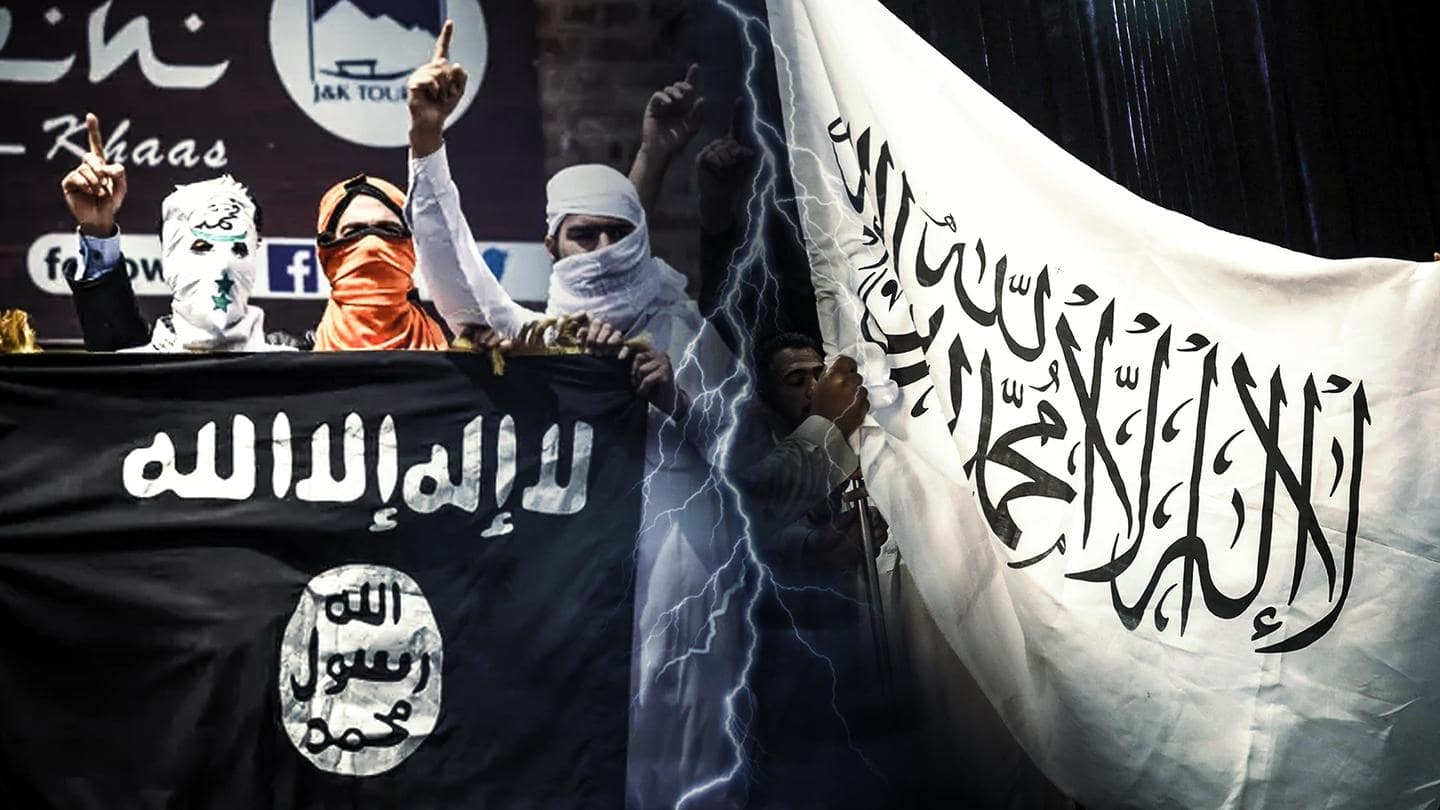
Who are ISIS-K, the group behind the Kabul blasts?
What's the story
Two explosions struck the heart of Kabul on Thursday, killing dozens of Afghan civilians and at least 13 US service members.
It has further rattled Afghanistan, which has already been gripped with panic since the Taliban takeover earlier this month.
The Islamic State-Khorasan (ISIS-K), a lesser-known terrorist organization, has claimed responsibility for the deadly blasts.
Here's what we know about the group.
History
When was the ISIS-K formed?
The ISIS-K was officially founded in early-2015 and operates as an affiliate of ISIS, mainly in Afghanistan and Pakistan.
Its founding members included terrorists who left the Afghan Taliban and the Pakistani Taliban, besides other terror organizations.
The name Khorasa reportedly means "the Land of the Sun." It is a historical term for a region that includes parts of Iran, Afghanistan, and Pakistan.
Location
Where and how does the group operate?
ISIS-K has built up its presence in eastern Afghanistan, especially in the provinces of Nangahar and Kunar.
It is known to govern its areas with an extremely strict interpretation of the Islamic law.
It has reportedly used violent enforcement tactics such as carrying out public executions, killing elders, and shutting down schools, according to the Center for International Security and Cooperation at Stanford University.
Differences
How is it different from the Taliban?
ISIS-K considers US forces and their allies as its rivals.
But unlike other terror groups, it has also been at odds with the Taliban and the two have long fought for territory and resources.
There are also ideological differences as the IS affiliate considers Taliban as insufficiently hardline.
In fact, many Taliban fighters, opposed to negotiations with the US, have defected to the ISIS-K.
Quote
For ISIS-K, Taliban members are 'filthy nationalists'
"The hostility between the two groups arose both from ideological differences and competition for resources. IS accused the Taliban of drawing its legitimacy from a narrow ethnic and nationalistic base, rather than a universal Islamic creed," the Stanford University Center said.
Threat
How big of a threat is ISIS-K now?
By 2017, US military estimated it had killed three-fourths of ISIS-K's members, including its top leaders.
However, Thursday's attacks hint the group is determined to make a comeback.
It has, in the past, claimed responsibility for several attacks, including the May bombing at a girls' school in Kabul.
US Marine Corps General Kenneth McKenzie said on Thursday, "The threat from ISIS is extremely real."